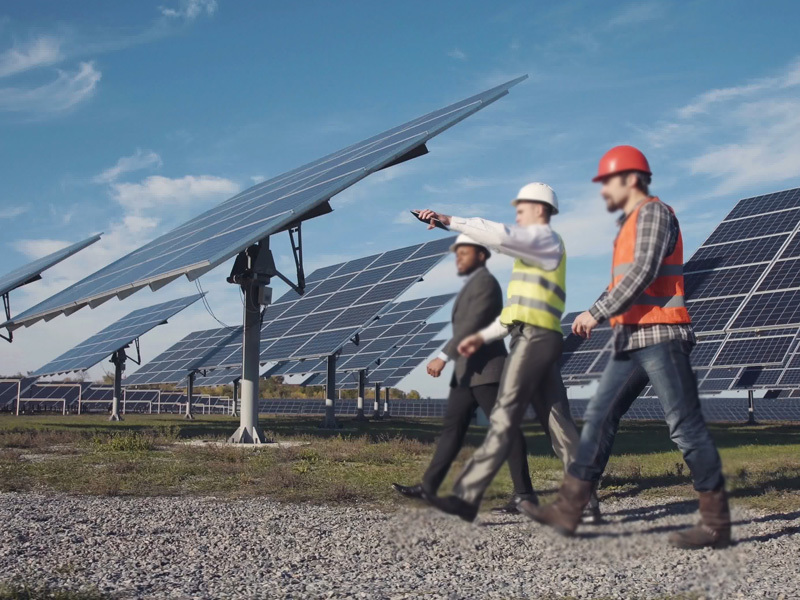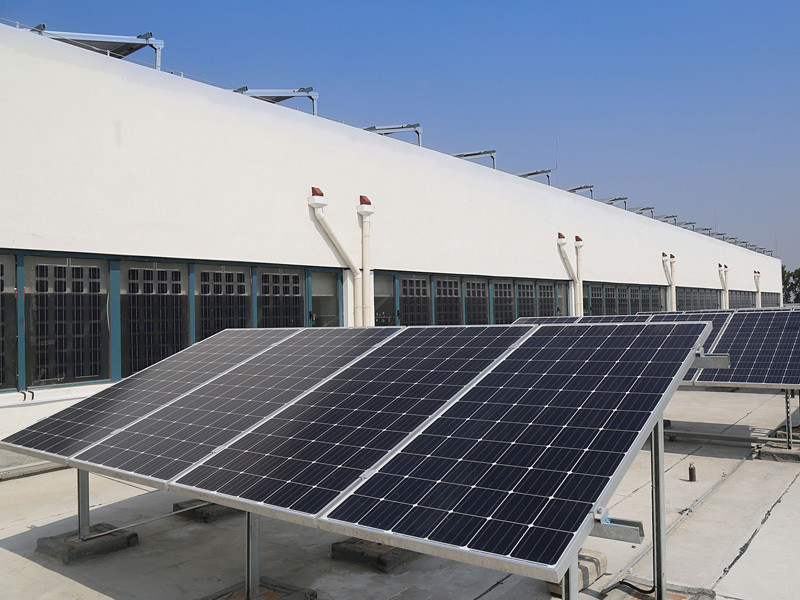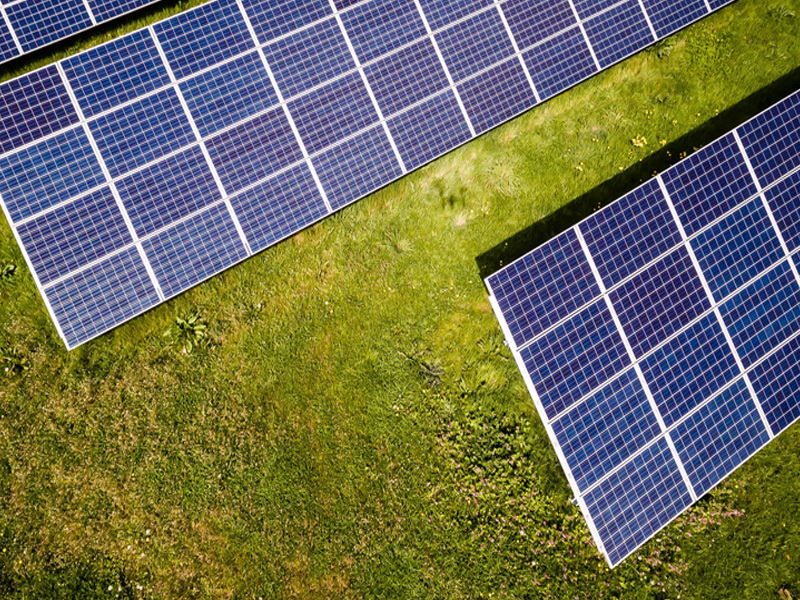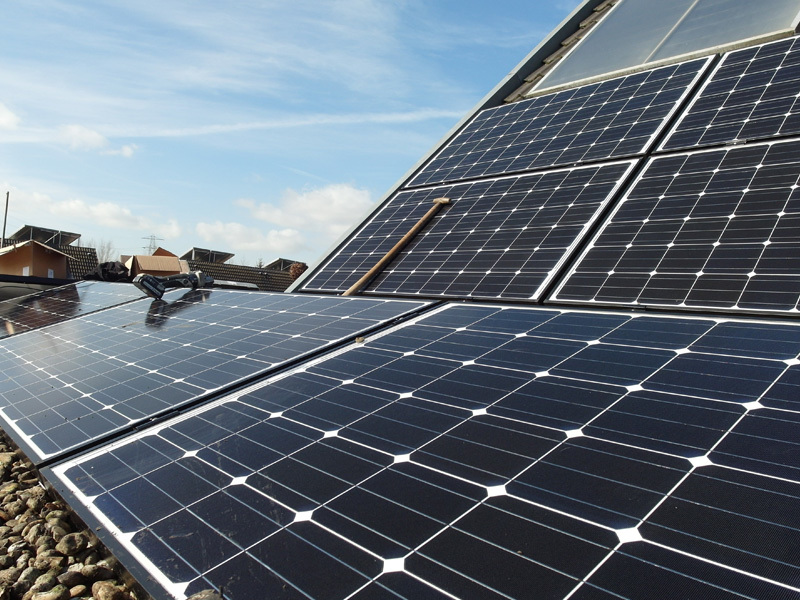What is a solar inverter?
Release time:
Jan 11,2024
A solar inverter is a device that converts solar energy into usable electrical energy. Its main function is to convert the direct current generated by solar panels into alternating current to meet the needs of households, businesses and industries.
A solar inverter is a device that converts solar energy into usable electrical energy. Its main function is to convert the direct current generated by solar panels into alternating current to meet the needs of households, businesses and industries.
The working principle of the solar inverter is to convert direct current to alternating current through electronic components. First, solar light energy is absorbed by photovoltaic panels and converted into direct current. Then, the direct current is sent to the inverter, and the electronic components inside the inverter convert the direct current to alternating current by changing the direction and frequency of the current. Finally, the converted AC power can be directly used to power household, commercial and industrial electrical equipment.
There are many different types and specifications of solar inverters, including single-phase inverters and three-phase inverters. Single-phase inverters are suitable for domestic and small commercial use, while three-phase inverters are suitable for large commercial and industrial use. In addition, solar inverters have different power output ranges to adapt to solar power systems of different sizes and needs.
The main advantages of solar inverters are renewable and environmentally friendly. Solar light energy is a renewable resource that does not run out like fossil fuels. By using solar inverters, solar energy can be converted into electrical energy, reducing dependence on traditional power grids, thereby reducing carbon emissions and environmental pollution.
In addition, the solar inverter also has the characteristics of high efficiency and reliability. The efficiency of the inverter is usually above 90%, which can maximize the use of the electricity generated by the solar panels. Moreover, solar inverters usually have multiple protection functions, such as overvoltage protection, overcurrent protection and short circuit protection, to ensure the safe operation of the system.
However, solar inverters also present some challenges and limitations. First, the cost of inverters is relatively high, especially for large-scale commercial and industrial systems. Secondly, the performance of solar inverters is affected by weather conditions and light intensity. Different weather conditions will have different effects on the system. In addition, the inverter also requires regular maintenance and overhaul to ensure its normal operation and extend its service life.
In short, the solar inverter is an important device that converts solar energy into electrical energy. Its renewable and environmentally friendly nature makes it an important part of the future development of clean energy. With the continuous advancement of technology and cost reduction, solar inverters will be widely used in various fields.
Key words:
Learn more about industry dynamics













